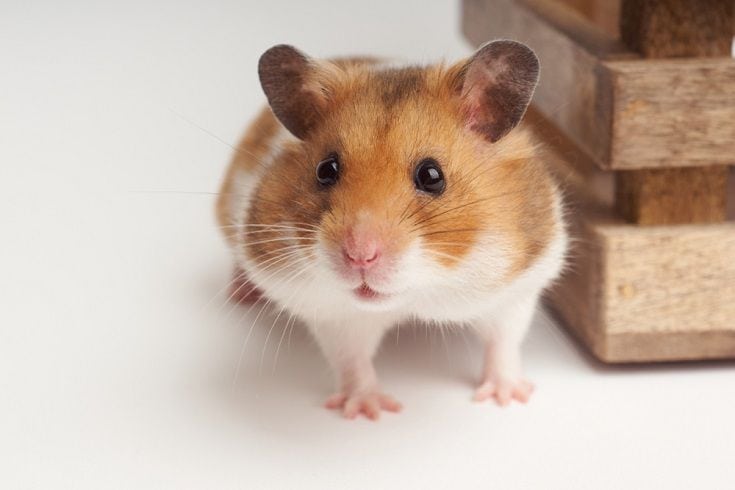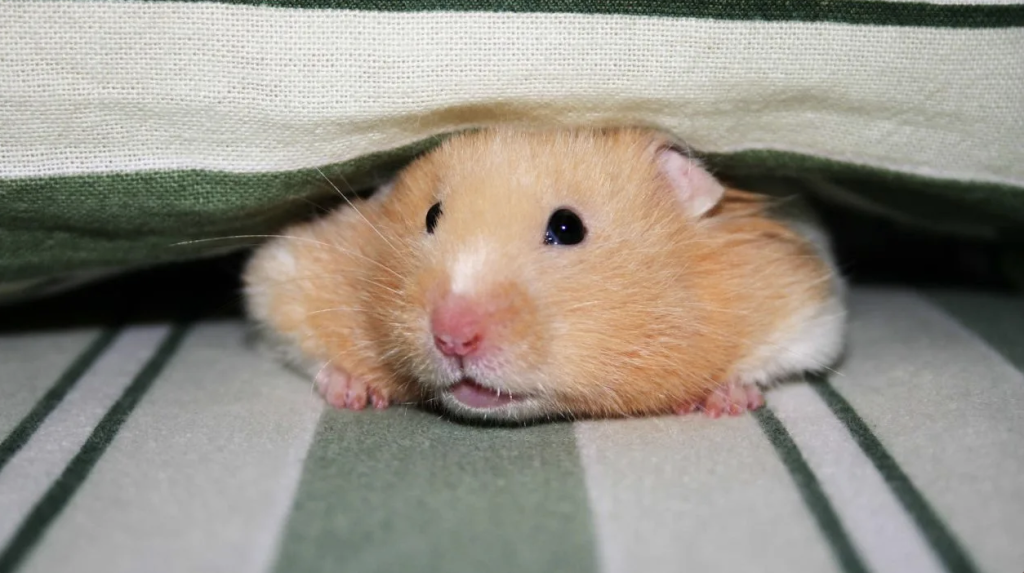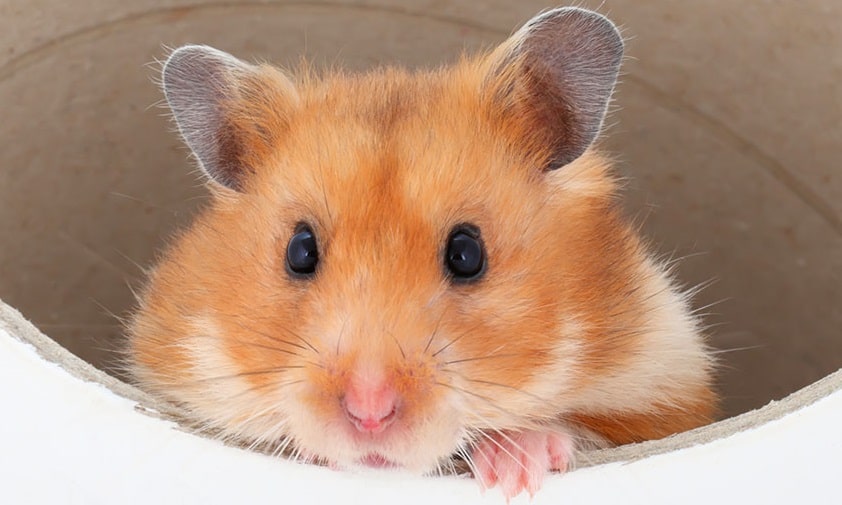Family rodents are mammals from the order Rodentia, which includes over 2,200 species of animals. They are found in almost all parts of the world, and are known for their sharp front teeth, which they use to gnaw on objects and food. Family rodents are an important part of the ecosystem, serving as prey for many predators and helping to spread seeds and pollen. In this article, we will discuss the diet and feeding habits of family rodents, with a focus on rats and mice.

- Diet of Family Rodents
Family rodents are omnivores, which means they eat both plant-based and animal-based foods. In the wild, they consume a variety of foods, including fruits, vegetables, seeds, insects, and small animals. The exact diet of family rodents varies by species and environment. For example, some species, such as the Norway rat, prefer to eat meat and have been known to hunt small animals. Other species, such as the house mouse, primarily eat plant-based foods, including grains and seeds.
In captivity, family rodents are often fed commercial rodent feed, which is designed to provide them with a balanced diet. Commercial rodent feed typically contains a mix of grains, seeds, and pellets, along with added vitamins and minerals. Some pet owners also supplement their rodents’ diets with fruits and vegetables, such as apples, carrots, and broccoli.

- Feeding Habits of Family Rodents
Family rodents are opportunistic eaters, which means they will eat whatever food is available to them. In the wild, they forage for food throughout the day and night, consuming small amounts at a time. They have a high metabolism and require a constant supply of food to maintain their energy levels.
In captivity, family rodents are typically fed once or twice a day, depending on their age and size. Pet owners should provide their rodents with fresh food and water at all times. Rodents will often store excess food in their nests or burrows, so it’s important to periodically check their food dishes to make sure they have enough to eat.
Obesity is a common health problem among domesticated family rodents, especially those that are overfed or have limited opportunities for exercise. To prevent obesity, pet owners should monitor their rodents’ food intake and provide them with opportunities for play and exercise, such as running wheels and tunnels.

Family rodents are omnivores that eat a variety of plant-based and animal-based foods. In the wild, they forage for food throughout the day and night, consuming small amounts at a time. In captivity, they are typically fed commercial rodent feed along with fruits and vegetables. Pet owners should provide their rodents with fresh food and water at all times, and monitor their food intake to prevent obesity and other health issues. Overall, a balanced diet and regular exercise are key to keeping family rodents healthy and happy.